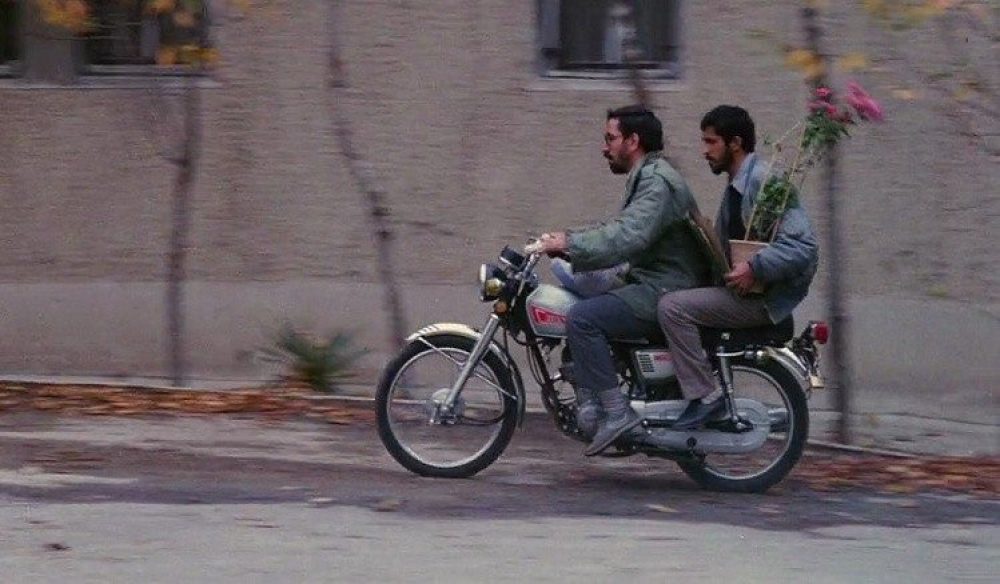I think modernity is based on the collective in the sense that groups of people do not and cannot decide as individuals to enter modernity- this is inconceivable, as modernity is a state and way of viewing the world, removed from the realm of individuals’ decisions. In a broader sense, though, it is not rooted in the collective (a group of individuals) in any meaningful way. It is neither the group nor the individual who brings modernity from nothing or provides its source. I do not think modernity requires any set of ‘fixed truths’ of a sacred authority, as the argument that such truths do not even exist is itself a modern idea. Perhaps the individual reaching for their own truth, finding the things they value and want to live by, is a very modern practice, but it is not modernity’s source. No one can opt-in to modernity, and no one can simply choose to opt-out. In fact, to even try and do so would be a very modern choice indeed, as the individual would be viewing themselves as able to view and interact with the world in a way very distinct from those around them.
Rather, it is a gradual shift (happening little by little– there is not a single moment of mental shift in which a person suddenly becomes modern) based on changing group experiences giving birth to new conceptions of self in relation to the world; it a self-perpetuating reality unto itself. While an entrance to modernity can be especially marked by, or apparent in, certain events, it cannot be directly tied to a very specific date or year as Lerner tries to do by saying ‘they had entered History” in the summer of 1950.

Modernity’s source? | Iran, Islam, and the Last Great Revolution Fall 2018
I find this a particularly poignant characterization of modernity; it describes modernity as an evolutionary process, not as a series of well-defined flashpoints, and recognizes modernity as a phenomenon collectively experienced by societies. However, while I agree with this definition of modernity conceptually, I find it difficult to reconcile with the situation in Balgat. It seems rather presumptuous (and it could be posited Orientalist) to claim that a village had “entered History” at a specific date. Nonetheless, it appears that the modernizing process in Balgat did begin at a very specific time as the result of a specific election cycle. Perhaps the inconsistency between this theory and example can be resolved by asserting that modernization should be looked at on a “macro” level; while the changes in Balgat happened suddenly, they came as part of a much larger process that was unfolding across Turkey.